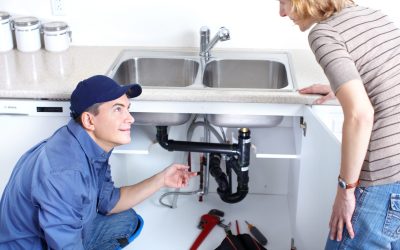There are two basic ways to deal with sewage, and the one that is used will depend on where the building is located. Most municipalities have a sewage connection that allows homes to eliminate raw sewage. Unfortunately, those folks who live or work in rural locations do not always have that luxury. In those cases, an alternative solution is required, and this is the septic system. The simplest kind of septic system uses a tank for storage and a series of field lines to leach the effluent (waste water) into the soil.
One problem with a septic tank is the accumulation of solid matter. If the unit is functioning properly, then this should take two to three years before it becomes an issue. This particular problem can be resolved by cleaning the tank, but it can also force the property owner to invest in Septic System Repair in Tacoma. That is, the waste could overflow into leach lines and block the outflow of waste water. This might require digging up the lines to repair them.
More advanced septic systems exist so that this kind of sewage management can be used in a variety of environments. For example, the use of aerators make the waste water cleaner, and this reduces the chance of particulate matter in the soil. This can be useful when young children play in the yard. Another option is multiple tanks so that overflow from the primary one is not dumped in any leach lines.
One interesting adaptation is circular leach lines. This method of effluent control allows the installation of septic systems on smaller properties. It can also reduce the area that the effluent leaches into. Unfortunately, it can make Septic System Repair in Tacoma a bit harder because the pipes are placed over each other. That is, any leach lines are looped instead of being run laterally. This method of installation does not reduce the amount of field lines that gets used, it just places them in a smaller area.
A few of the more advanced septic systems will require maintenance contracts. This is done to protect the system and ensure that it doesn’t overflow. It is important to determine the kind of system for the environment it will be used in. Too little septic control can inhibit the growth of the enzymes that consume the solid waste, and this could result in a failed tank.


